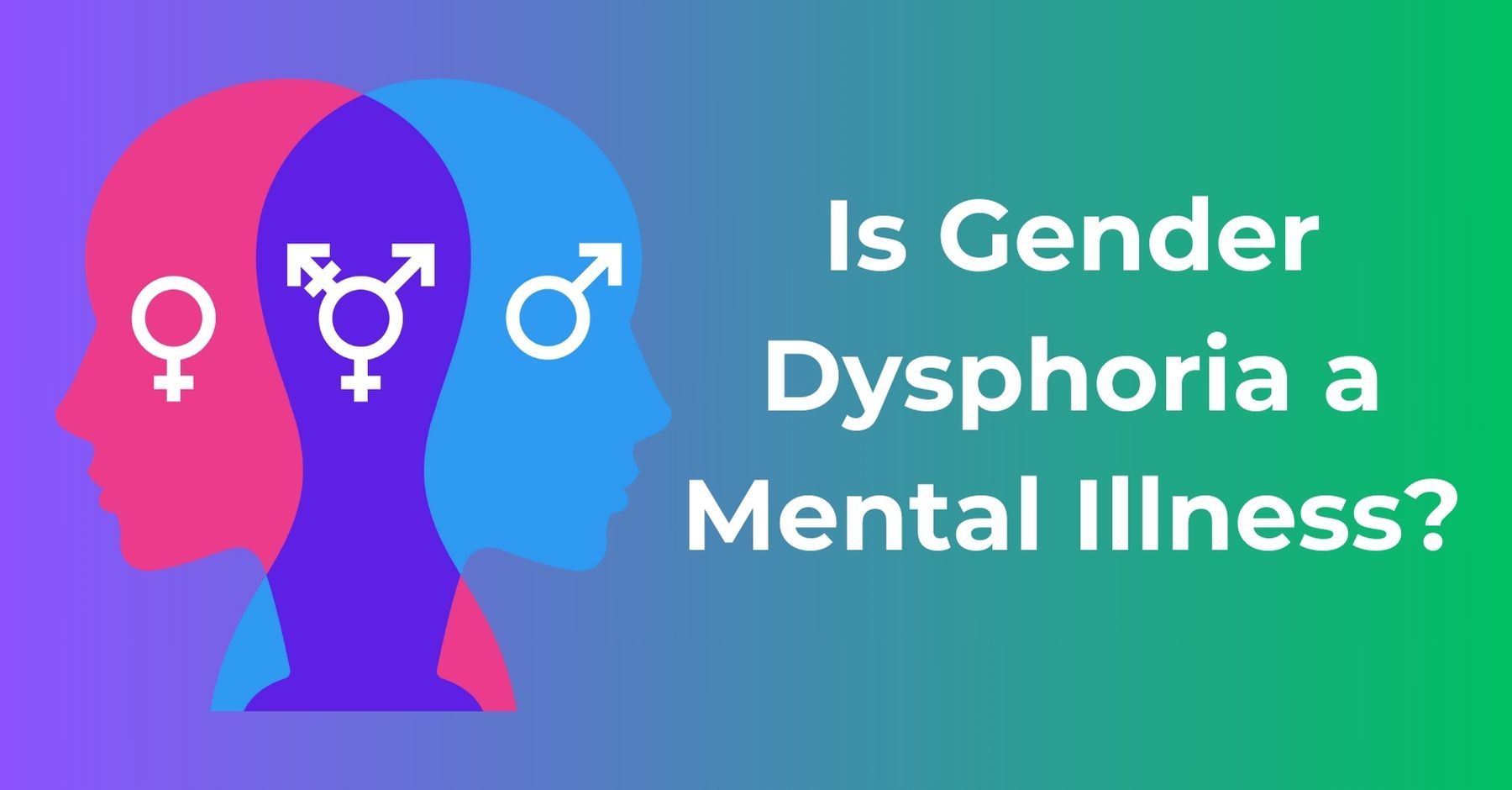Narcissistic personality disorder is a mental health condition characterized by an inflated sense of self-importance, a need for admiration, and a1 lack of empathy for others. Individuals with this disorder often have a grandiose view of themselves and believe they are superior to others.2
Symptoms of Narcissistic Personality Disorder
People with narcissistic personality disorder may exhibit the following symptoms:
- Grandiosity: An exaggerated sense of self-importance and a belief in their own uniqueness.
- Need for Admiration: A constant need for attention and admiration.
- Lack of Empathy: Difficulty understanding and empathizing with the feelings of others.
- Entitlement: A sense of entitlement and the expectation of special treatment.
- Exploitativeness: A tendency to take advantage of others to achieve their own goals.
- Arrogance and Haughtiness: A condescending or arrogant attitude toward others.
- Sensitivity to Criticism: Difficulty handling criticism or negative feedback.
- Fantasies of Success: Fantasies of unlimited success, power, brilliance, beauty, or ideal love.
Causes of Narcissistic Personality Disorder
The exact causes of narcissistic personality disorder are not fully understood. However, a combination of genetic and environmental factors may contribute to its development. Some potential factors include:
- Genetic Predisposition: A family history of personality disorders may increase the risk.
- Childhood Experiences: Adverse childhood experiences, such as neglect or abuse, may contribute to the development of narcissistic traits.
- Social and Cultural Factors: Cultural norms and societal expectations can influence the development of narcissistic tendencies.
Treatment of Narcissistic Personality Disorder
Treatment for narcissistic personality disorder can be challenging, as individuals with this disorder may be resistant to seeking help. However, psychotherapy, particularly cognitive-behavioral therapy (CBT), can be beneficial. CBT can help individuals identify and challenge negative thought patterns, develop empathy, and improve social skills. Medication, such as antidepressants or anti-anxiety medications, may be used to address specific symptoms, such as depression or anxiety.
It’s important to note that narcissistic personality disorder is a complex condition that requires patience and understanding. With appropriate treatment and support, individuals with this disorder can learn to manage their symptoms and improve their3 relationships with others.



